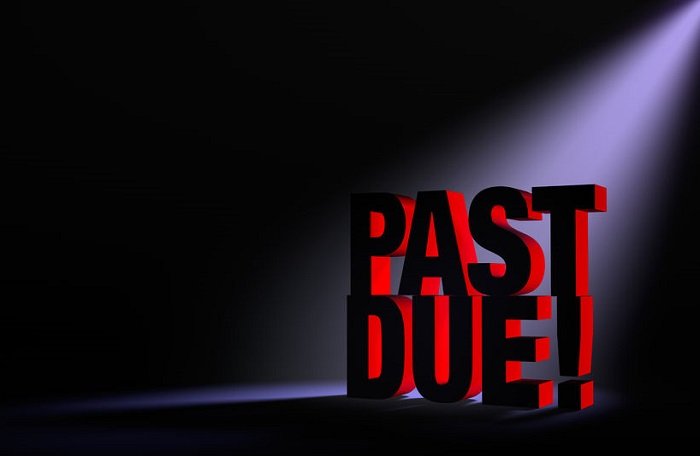Finding banking solutions for third party debt collectors is not easy. At the moment, we’re in search of new viable solutions here at Instabill. But a momentous turn of events in recent weeks is sure to have a significant effect on banks offering payment processing services for third party debt collectors.
A recent lawsuit, Henson vs. Santander Consumer, called into question the definition of a ‘debt collector.’ Santander purchased $3.5 billion of defaulted auto loans from Citi and apparently began aggressively pursuing those consumers who defaulted.
The Fair Debt Collection Practices Act (FDCPA) has laws against some of the collection tactics used by Santander. But several levels of the U.S. court system, including the Supreme Court, ruled that the FDCPA bylaws did not apply to banks and Santander, since the banking giant wasn’t a debt collector (although it was attempting to collect debts).
The CFPB vehemently disagreed, ruling that all parties involved in collecting debts – banks, online lenders and third party debt collectors – are bound to the FDCPA and need to have accurate information about each consumer’s debt history and whether it is accurate.
“All of these parties must work together to ensure they are collecting the right amount of debt from the right consumer,” said CFPB Richard Cordray according to the minutes of a June 8 CFPB board meeting.
Though the CFPB has been somewhat of a nemesis to high risk merchants, we applaud Mr. Cordray and the Bureau’s decision on this one.
Theory 1: Banks will continue to shy away from third party debt collectors
Banks such as Santander are now accountable for having accurate information on each consumer, especially the exact amount of debt for which a consumer is responsible. With this added responsibility, will banks want to offer payment processing services to third party debt collectors, or will they continue to be lukewarm and turn away from such?
Theory 2: Banks and third party debt collectors will work together
This is our hope: Banks and third party debt collectors working together to ensure the accuracy of consumer debts owed, and offering payment processing services to such.
Time will tell.
Solutions for third party debt collectors are sparse
As we noted in our opening paragraph, finding payment processing for third party debt collectors is difficult. Instabill is currently in pursuit of a banking solution for debt collection merchants, and will announce when it has found a secure, practical solution.


